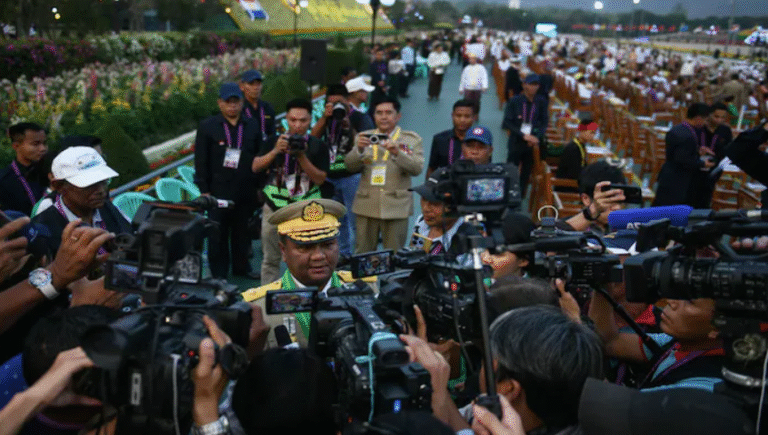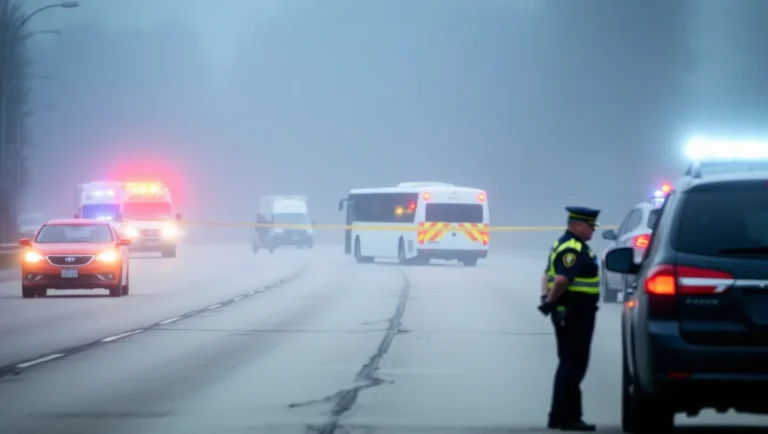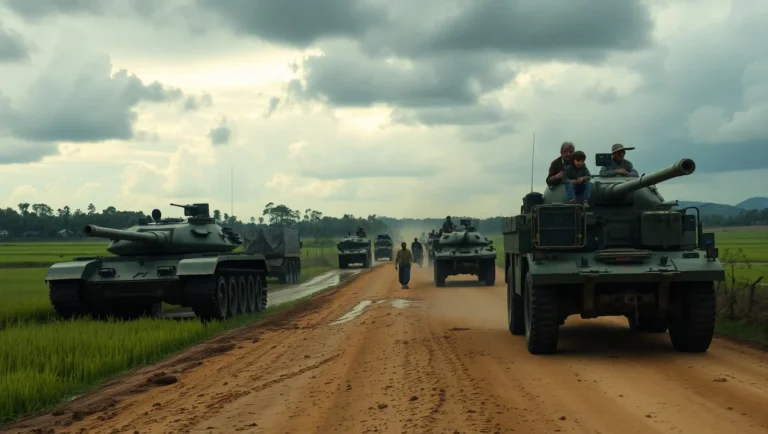
Turkey Detains Cartoonists Over Controversial Satirical Drawing Sparking Public Outcry
Authorities in Turkey have taken legal action against a group of cartoonists following the circulation of a satirical illustration that has stirred widespread controversy. The cartoon reportedly portrayed two significant religious figures shaking hands in the sky, with images of conflict and missiles depicted below them — a visual commentary many believed to be related to ongoing global tensions.
While officials did not publicly confirm the specific figures represented in the artwork, various groups on social media claimed the illustration was offensive to religious sentiments. Following the public uproar, Turkish authorities announced the detention of several individuals associated with the publication of the cartoon, citing potential violations of national laws concerning the protection of religious beliefs and the prevention of content likely to disturb public peace.
The incident has reignited a familiar debate in the region — the delicate balance between freedom of expression and religious respect. While Turkey has a rich tradition of political satire, matters involving religious symbolism often spark heated responses from various segments of society.
In a brief statement, Turkish officials stressed that the investigation is ongoing and called for responsible discourse on sensitive topics. “It is essential to maintain societal harmony and show mutual respect for religious and cultural values,” one government representative remarked.
International media outlets and human rights organizations have taken note of the arrests, with some advocating for a fair and transparent judicial process. Freedom of expression advocates have urged authorities to avoid harsh penalties for artistic commentary, while religious groups argue for stricter controls to prevent provocative or offensive content.
This incident comes amid ongoing global conversations about the limits of satire, religious respect, and the responsibilities of public figures and artists. In recent years, several countries have faced similar controversies, prompting discussions on how societies should navigate the intersection of creative freedom and cultural sensitivities.
As the investigation continues, authorities have urged the public to refrain from spreading unverified information and to allow the legal process to proceed without interference.


